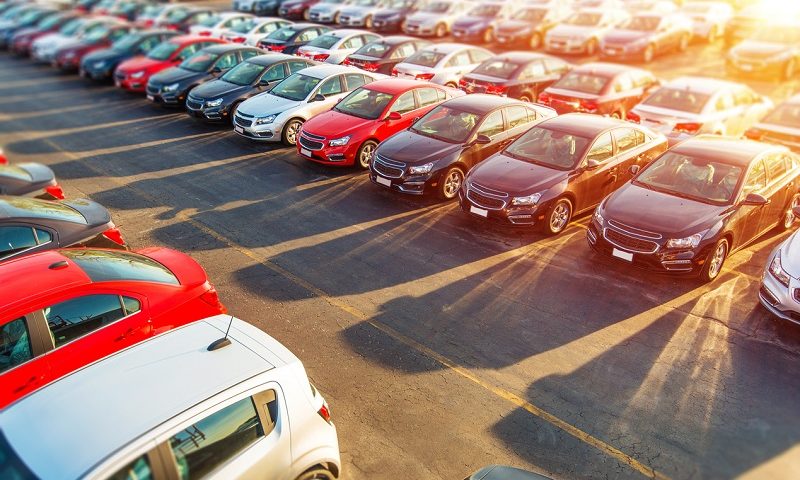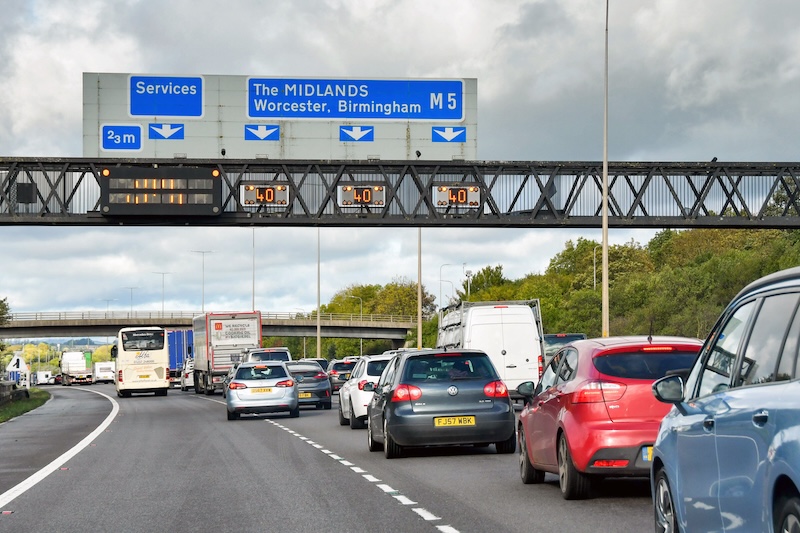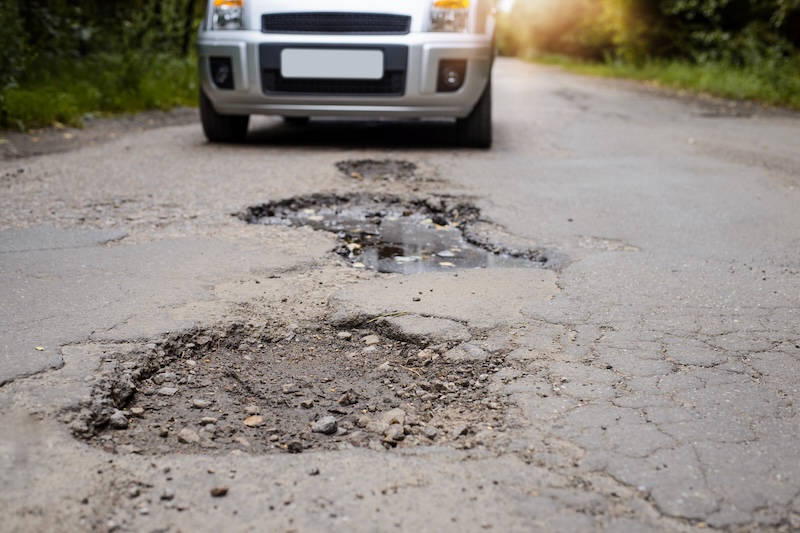Half of global consumers target car purchase this year

Could a car be your key to protection during the pandemic?
A new study shows a whopping 46% of global consumers plan to keep themselves and their families safe against the coronavirus by buying a new or used car in the next 12 months.
The staggering figure came to light after Capgemini research into global car buying behaviours suggested the coronavirus is pulling people towards personal vehicles and pushing them away from public transport.
Desire for private vehicles
In a study of 11,000 consumers from 11 countries, almost half (46%) of respondents revealed they have plans to purchase a car in the next year – a huge increase on the 35% who said the same in April 2020.
Perhaps unsurprisingly, 87% of those surveyed said they saw a personal vehicle as the best way to preserve their own and their loved ones’ safety and physical wellbeing.
This urge appears to be exclusively linked to private and personal vehicles, as the number of people avoiding carpool services has reached 81% – almost doubling from 42% in April.
And it seems younger consumers are most likely to want to buy a car in the next year, with 59% of 18-35 year-olds looking to invest.
The need is strong for a car’s practical uses, with 56% of those considering buying one lowering their aspirations and prioritising utility and functionality above all else.
With health clearly at the forefront of everyone’s minds, 85% of consumers want a car with air filters and other wellbeing-related features – a rise from just 49% last year.
Markus Winkler, Executive Vice-President for Global Automotive at Capgemini, said: “The pandemic has increased consumer expectations around hygiene and wellness-related mobility features, along with the digitisation of the vehicle sales and aftersales process.
“The automotive industry has to adapt to these emerging needs. While the pandemic did affect short-term automotive demand, it has accelerated critical long-term trends.”
Wellness features
In response to the pandemic, Health, Wellness and Wellbeing (HWW) features look set to be a priority in the future of cars.
Features like internal air purifiers in polluted areas, extra support for drivers or passengers with minor illness or injury, and assistance mechanisms in events of emergency are all anticipated by experts.
Further tools such as health monitors, warning signs and driving prevention capabilities may also become the norm.
It’s thought that, as well as preserving people’s health and safety, holistic features could actually improve health with tools embedded in interiors, such as ergonomic functions, massage and exercise tools.
See our guide to buying a used car if you’re one of the many hoping to invest in the next year.


